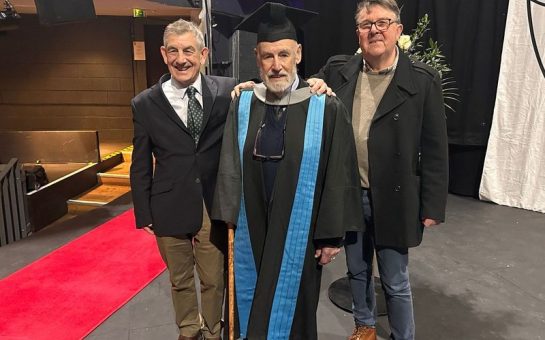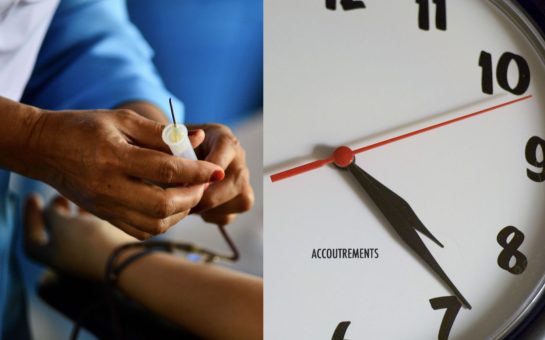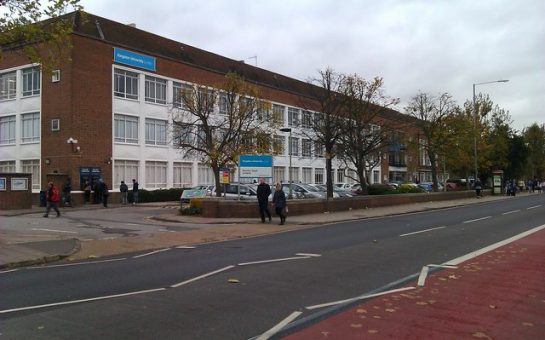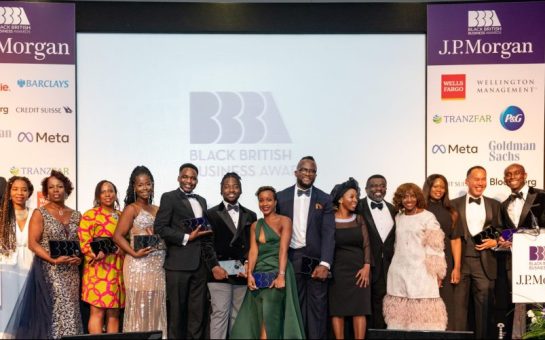Over the past few years, many universities have struggled to narrow what has become known as the BAME attainment gap in higher education.
However, Kingston University has a rather different approach, making record level of progress when it comes to narrowing the gap between black and minority ethnic students and their white peers, resulting in the university being praised by higher education bodies and leaders.
The proportion of Kingston’s BAME students obtaining first and upper-second class degrees has increased from 45 per cent in 2012 to 70 per cent in 2017.
For the past 5 years the gap between white and BAME students achieving top degree classes has been reduced from 29.5 to 11 percentage points, well below the sector average of 15 points.
Owen Beacock, EDI student achievement manager, 41, said: “We often hear about how the attainment gap for BAME students is explained away using factors such as a student’s socio-economic background.
“But we stand against this and place the responsibility for improving it entirely with the institution, not the student.”
This has resulted in a change of culture and approach across the university as a whole, meaning curriculums are tailored to reflect students concerns and the university fostering a more inclusive environment for all students.
Initiatives include more than 120 meetings between different course teams and those responsible for student achievement and diversity, along with student feedback continuously fed into decisions on the curriculum.
Mr Beacock said: “We were keen to create a conversation around race and attainment, where academics and staff could discuss these issues.”
Unconscious bias training has also been made available to staff, with high uptake on all programmes.
In addition, the university carefully scrutinises data on attainment, identifying in great detail where achievement levels could be improved, making the the reduction of the attainment gap a cross-university priority starting right at the top with the board of governors.




